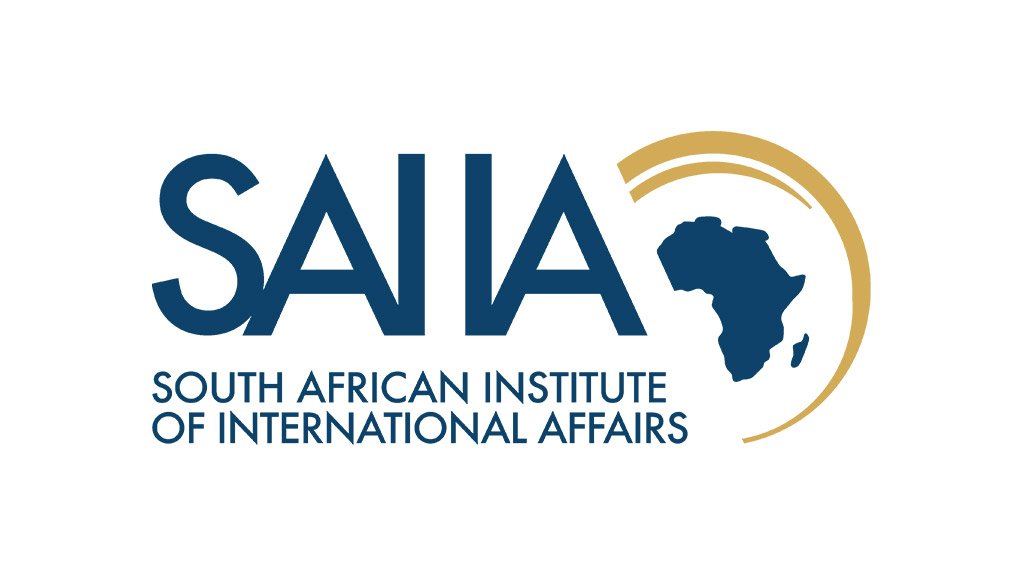Despite violence and irregularities in Kenya's previous elections since the turn of the century, there is good reason to think that this year's vote will be peaceful and exemplary. Not only are many women running, but, most importantly, all the contenders are committed to an orderly transfer of power.
There was a time when Kenyan elections elicited only mild interest from the international community. For decades after Kenya gained its independence in 1963, the Kenya African National Union reliably dominated, owing to its use of questionable practices, some violence, and a persistently splintered opposition. But with the KANU’s defeat in 2002 and the horrific ethnic violence that killed up to 1 500 people in the wake of the 2007 election, Kenya’s elections started attracting international attention. People now focus much more closely on political developments in East Africa’s most important economy, and they will do so again when Kenyans vote on August 9.
This time, constitutional term limits prevent the incumbent president, Uhuru Kenyatta, from running. Having accepted that, Kenyatta has thrown his support behind his erstwhile rival, Raila Odinga, who previously served as prime minister in the government that was negotiated to end the crisis in 2008. Odinga is the head of the Orange Democratic Movement and the leader of Azimio La Umoja (loosely translated as “Resolution of Unity”), a coalition of parties running on a single ticket. His running mate, Martha Karua, is the first potential female vice president in Kenya.
They will square off against Kenya’s current vice president, William Ruto, who heads the United Democratic Alliance. Ruto and Kenyatta were both implicated in, and then cleared of, fomenting the violence in 2007-08. But they have since fallen out (hence Kenyatta’s support for Odinga). Two other candidates, David Mwaure Waihiga and George Wajackoyah, are almost certain to be also-rans.
This year’s election is playing out against a backdrop of energy, food, and climate crises. As in most places around the world, the cost of living has shot up in Kenya, owing to pandemic-related shortages, drought, Russia’s invasion of Ukraine, and other global factors. The war has sent the prices of food, fuel, and fertilizer soaring. Cooking-oil prices have risen 47% year on year, according to the Kenya National Bureau of Statistics; and, despite fuel subsidies, the cost of a litre of kerosene has risen by 21.3%, diesel by 21.5%, and petrol (gasoline) by 18.7% over the last year – with worse to come. On top of it all, East Africa has had four years of inadequate rains, leaving an estimated 3.5-million Kenyans in need of food aid.
Kenyan elections are often contests between personalities, not policy programs, so it remains to be seen what effect these challenges will have on the election. Will economic hardship attract people to Ruto’s more radical platform, or will they prefer the establishment figure, Odinga? To what extent will each candidate’s ethnicity – always an important factor in Kenyan elections – matter this time?
Whoever wins will need to hit the ground running with measures to provide economic relief for the population. He will have to find a way to make basic foodstuffs more affordable, wean Kenya off its dependence on food imports, and stabilize the price of fuel – all without increasing the national debt or fuelling inflation. The acrimonious politics of the campaign will need to be put aside quickly, and all Kenyans – including businesses and civil society – will need to pull in the same direction.
How observer missions conduct themselves will also be important. In the last presidential election, in 2017, international observers endorsed the integrity of the outcome, which was subsequently overturned after Odinga brought a case that succeeded in nullifying the result, owing to serious irregularities. But Odinga chose to boycott the rerun ordered by the Supreme Court, arguing that the Independent Electoral and Boundaries Commission (IEBC) had not been properly reformed. That had the effect of clearing the way for Kenyatta, who was duly re-elected.
Despite that debacle, few reforms have been implemented at the IEBC. Still, there are some reasons to hope that this year’s election will put Kenya in the news for the right reasons. Many more female candidates are running, and all signs point to a peaceful transfer of power. “Our third head of state is to retire peacefully, that’s a positive,” notes John Githongo, the renowned corruption fighter who is now working on the Odinga campaign, in an interview. “Despite challenges and youth apathy, no one is questioning the democratic mode of transition.” Kenya thus could serve as a model for East Africa and the rest of the continent.
Moreover, as Githongo correctly notes, “A new African posture and agency is apparent in international relations – exemplified by [Senegalese President] Macky Sall visiting Russia and [President Vladimir] Putin in the middle of the Ukraine crisis to discuss wheat exports. There is a clearer sense of what comprises African interests than ever before.” Hence, all the key candidates in this election have shied away from making strong statements about the conflict in Ukraine.
Finally, Githongo emphasizes the importance of the three Ds – democracy, debt, and demography – in this election. Democracy will be strengthened by a credible balloting process and a peaceful transfer of power. But debt problems loom as the world lurches toward recession and tighter financial conditions, depriving governments of the fiscal space they need to aid their citizens. And demography – voters’ age, ethnicity, and other factors – will be the main wildcard in this election.
Whatever the result, Kenya’s next president will have his work cut out for him. Voters know from bitter experience that campaign promises will mean little if the winner’s government cannot get a handle on Kenya’s systemic, elite-driven corruption.
Research by Steven Gruzd, South African Institute of International Affairs
EMAIL THIS ARTICLE SAVE THIS ARTICLE ARTICLE ENQUIRY
To subscribe email subscriptions@creamermedia.co.za or click here
To advertise email advertising@creamermedia.co.za or click here











